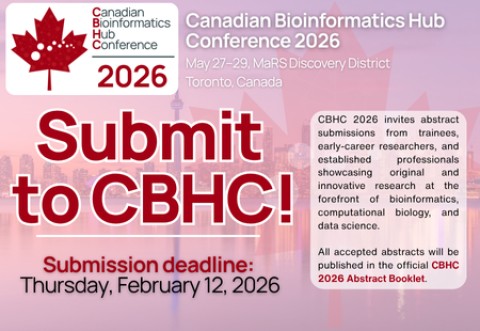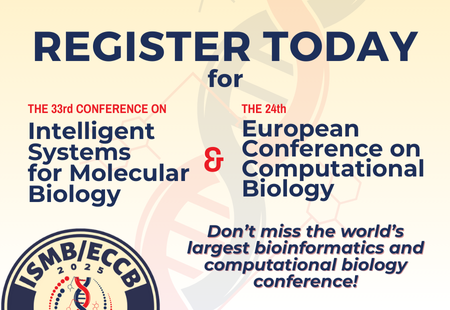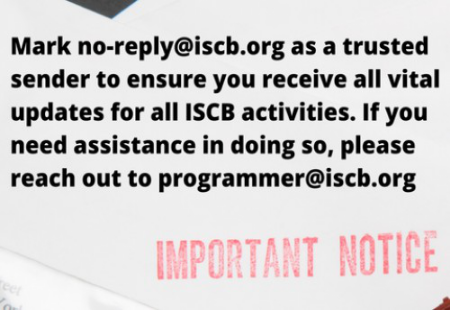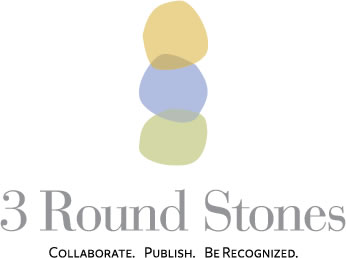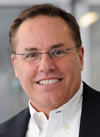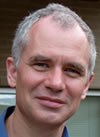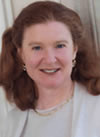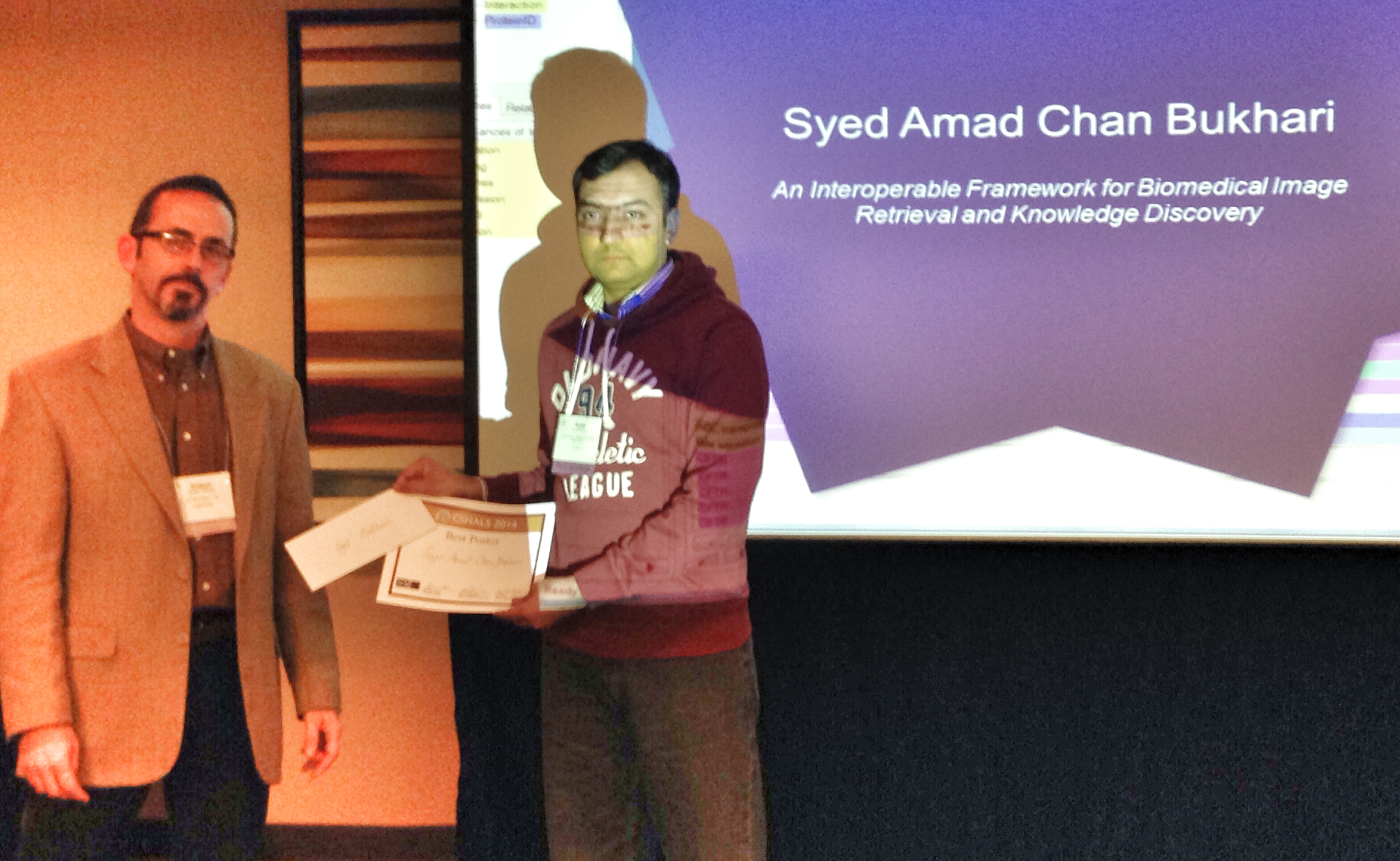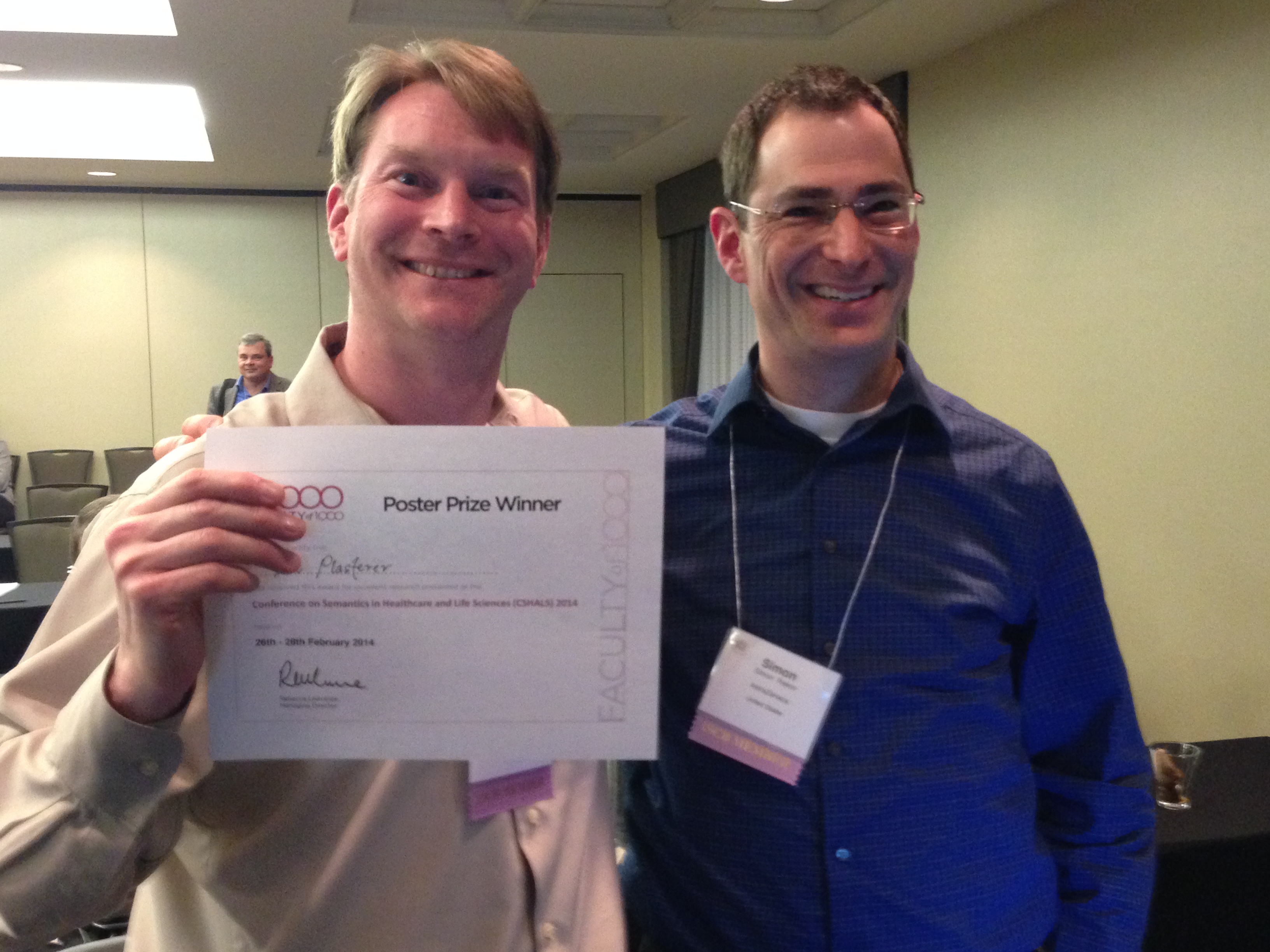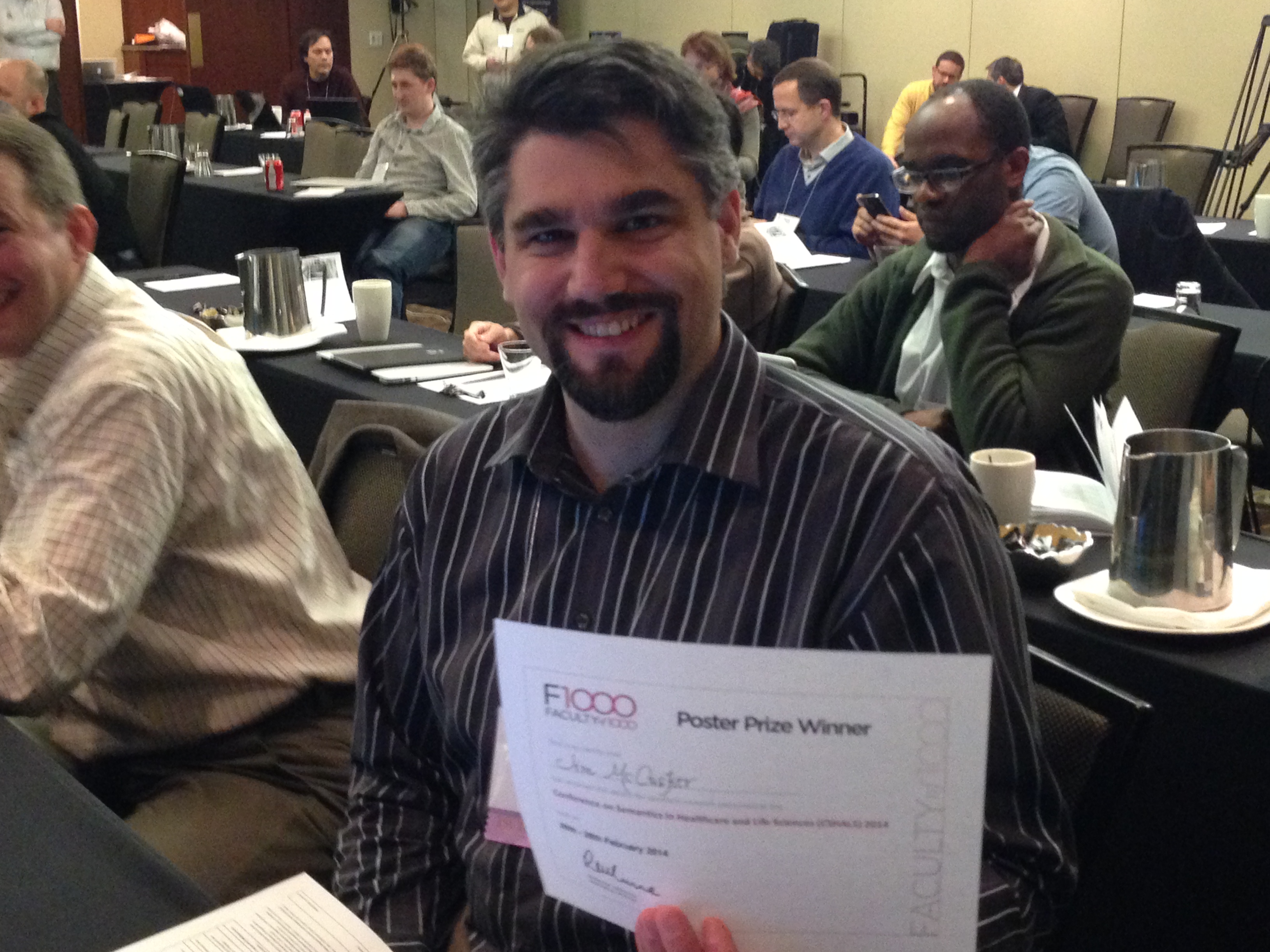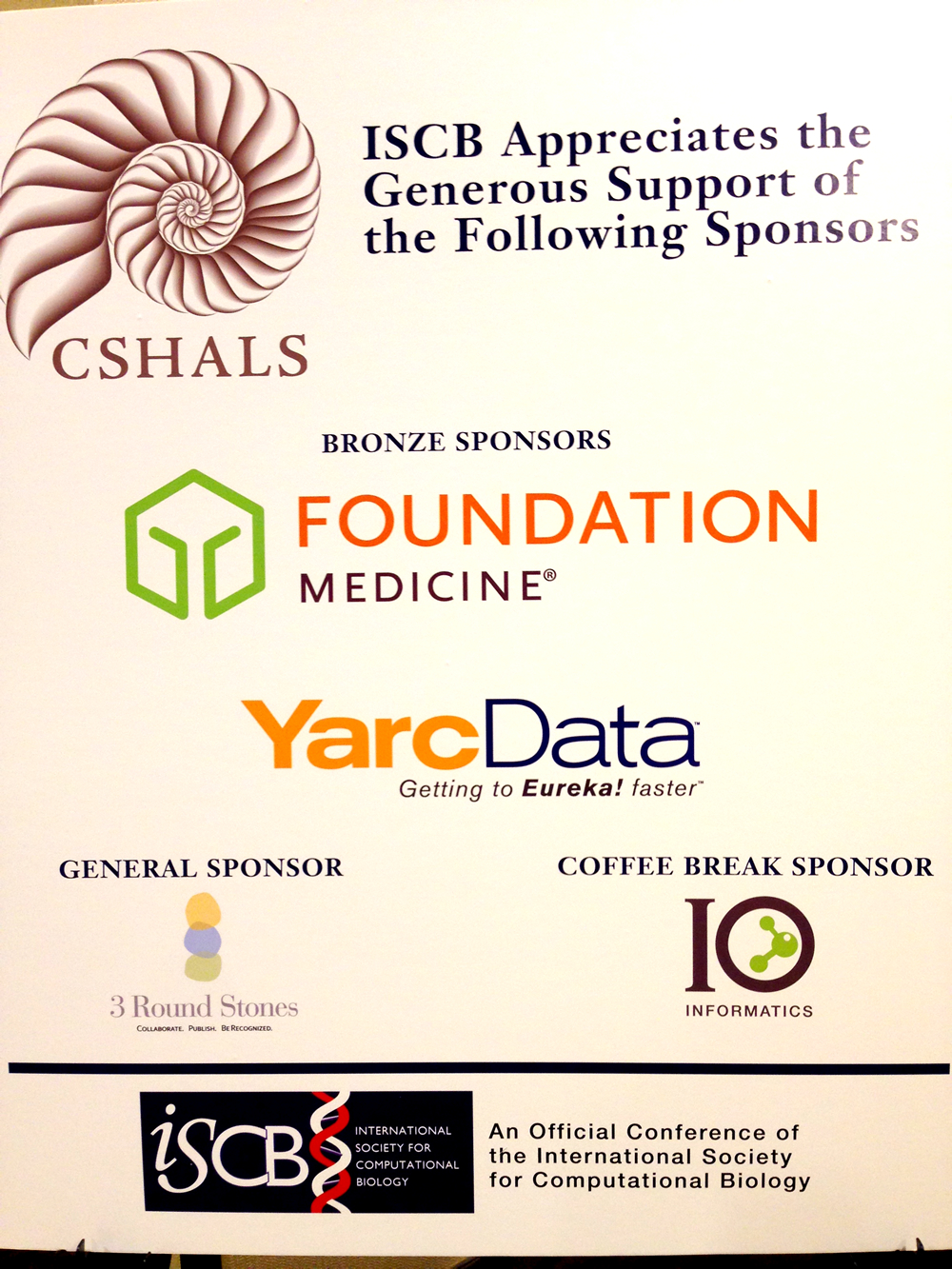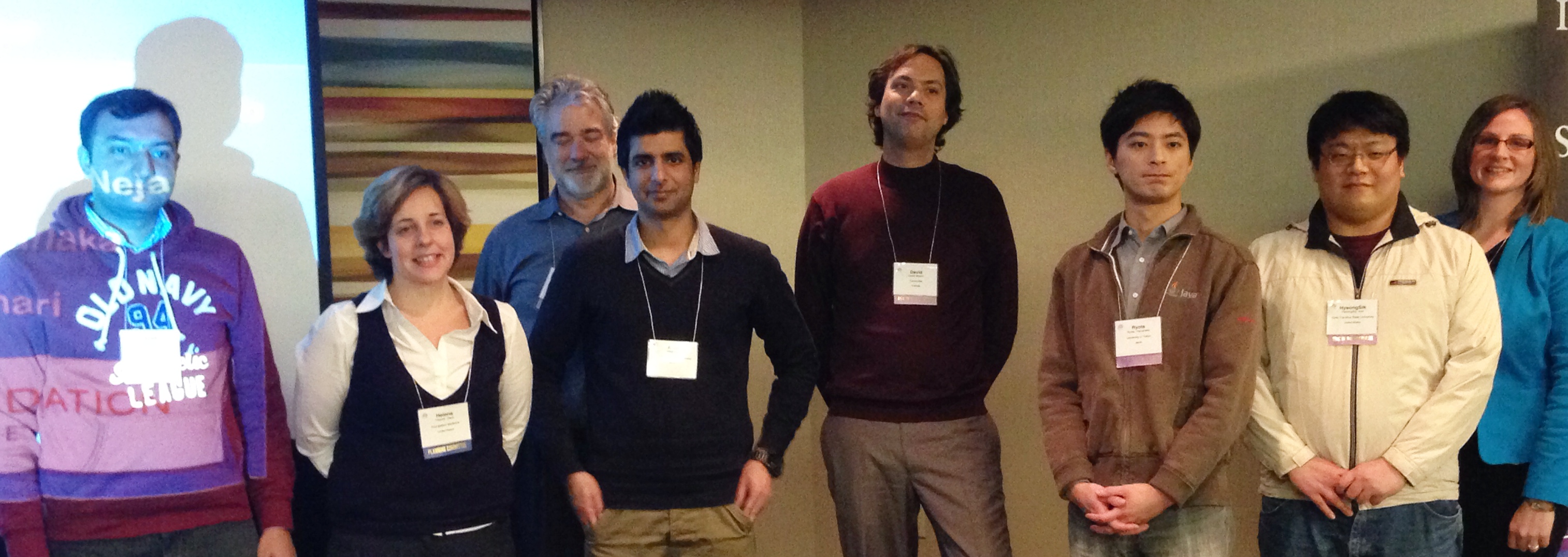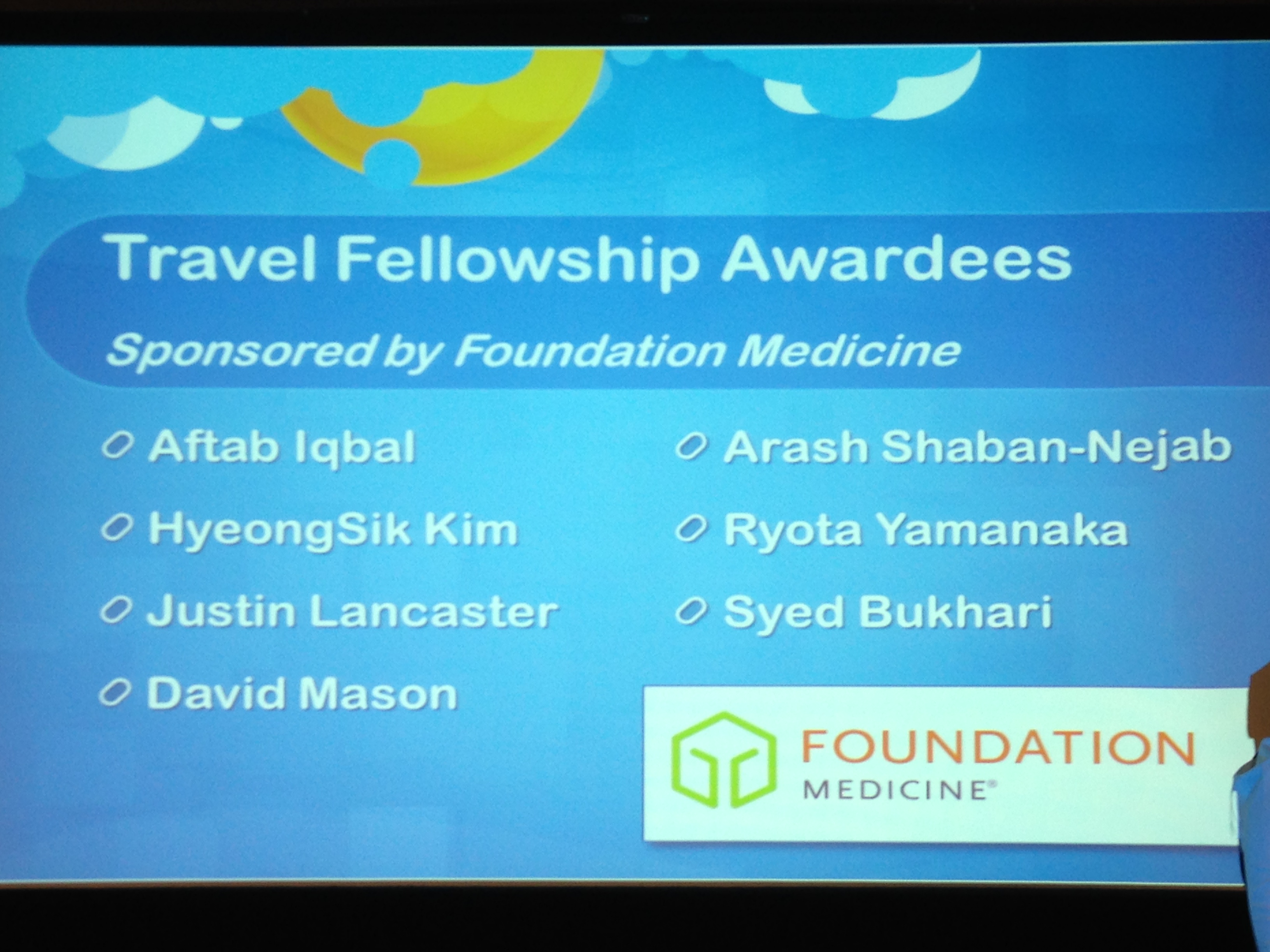Conference on Semantics in Healthcare and Life Sciences
TECH TALKS
Updated Feb 27, 2014
![]() Indicates that presentation slides or other resources are available.
Indicates that presentation slides or other resources are available.
Tech Talks showcase products and services of relevance to the CSHALS audience. Each Tech Talk is 20 minutes (15 minutes presentation and up to 5 minutes for Q&A) in length and designed to allow organizations to create awareness of new technologies, services, etc., in an informational presentation format.
For organizations interested in presenting a Tech Talk, please go to our Sponsor Opportunities page (click here) for further information.
. . . . . . . . . . . . . . . . . . . . . . . . . . . . . . . . . . . . . . . . . . . . . . . . . . . . . . . . . . . . . . . . . . . . . . . .
TECH TALK 1
Thursday, February 27
11:15 am – 11:35 am
High Availability and Graph Mining using bigdata® - an Open-Source Graph Database![]() - Click here for PDF of presentation.
- Click here for PDF of presentation.
Presenter: Bryan Thompson, SYSTAP LLC., Greensboro, NC United States
Abstract: bigdata(R) is a high performance, scalable, open source graph database platform supporting the RDF data model and edge attributes. I will provide a brief overview of the bigdata platform, summarize some of its key differentiators, including the High-Availability enterprise deployment model, an API for writing graph mining algorithms against RDF data, and efficient representation and query of edge attributes, discuss approaches for combining bigdata clusters with map/reduce processing, and provide a glimpse of new features in our roadmap, including accelerated graph processing on GPUs at 3-billion edges per second.
SYSTAP, LLC leads the development of the bigdata open source platform and offers consulting services related scalable information architectures and services and support for the bigdata platform. Bigdata is available under both open source and commercial licenses.
Biography: Bryan Thompson (SYSTAP, LLC) is the Chief Scientist and co-Founder of SYSTAP, LLC. He is the lead architect for bigdata®, an open source graph database used by Fortune 500 companies including EMC (SYSTAP provides the graph engine for the topology server used in their host and storage management solutions) and Autodesk (SYSTAP provides their cloud solution for graph search). He is the principle investigator for a DARPA research team investigating GPU-accelerated distributed architectures for graph databases and graph mining. He has over 30 years experience related to cloud computing; graph databases; the semantic web; web architecture; relational, object, and RDF database architectures; knowledge management and collaboration; artificial intelligence and connectionist models; natural language processing; metrics, scalability studies, benchmarks and performance tuning; decision support systems.
. . . . . . . . . . . . . . . . . . . . . . . . . . . . . . . . . . . . . . . . . . . . . . . . . . . . . . . . . . . . . . . . . . . . . . . .
TECH TALK 2
Thursday, February 27
11:40 am – 12:00 pm
Successfully Navigating Diagnosis And Treatment In The Age Of Targeted Cancer Therapy
Presenter: Helena Deus from Foundation Medicine, Cambridge, United States
Abstract: Initially, cancer was understood in simple terms as a disease caused uncontrolled division of abnormal cells which formed tumors that could "metastasize" to invade other tissues and organs in the body. We knew that certain factors played a role in the cause of cancer like environment, lifestyle, genetic and carcinogens. But we didn't have a clear idea on how cancer was caused or what drove it.
The traditional paradigm for solid tumor treatment was:
- To visually examine a tumor biopsy under a microscope to determine if cancer is present, the type of cancer and how advanced or what stage the cancer is in
- Traditional cancer treatments include Surgery, Radiation and Traditional Chemotherapy
- These are still the mainstay of cancer treatment and while they are highly effective in some patients, they are less effective in others and can cause significant side effects
Today, we know that cancer is a disease of the genome. We understand that cancer is a result of the carcinogens, and other factors causing changes, or alterations to our DNA. And we know that increase exposure to these factors increases the chance of gene alterations.
In this talk, I will explain the paradigm and complexities of Targeted Cancer Therapy from an IT and knowledge management perspective and how we are addressing those at Foundation Medicine.
Biography: Dr. Deus is a Senior Scientist at Foundation Medicine. Since 2005 she has worked with oncologists and scientists in finding and developing the best strategies to improve the quality of bioinformatics and translational research solutions. Her main area of expertise is in applying RDF/SPARQL-based technologies to solving difficult data problems in biological domains. With her work on RDFizing the Cancer Genome Atlas and linking it to pubmed, her team won her the 2013 Linked Data Cup (at I-Semantics) and the Semantic Web Challenge - Big Data Track (at ISWC2013).
. . . . . . . . . . . . . . . . . . . . . . . . . . . . . . . . . . . . . . . . . . . . . . . . . . . . . . . . . . . . . . . . . . . . . . . .
TECH TALK 3
Friday, February 28
11:20 am – 11:40 am
Making Sense of Big Data in Pharma
Presenter: Andreas Matern, Vice President, Disruptive Innovation, Thomson Reuters Life Sciences, MA, United States
Abstract: Big Data is quickly becoming an overused, and poorly understood, term in technology. This talk will focus on Big Data for the life sciences: are -omics data the only 'big data'? What's a practical working definition for Big Data in the Life Sciences and does it differ from other areas where data is analyzed at scale? What role does visualization have in Big Data? How do we resolve gaps in life sciences data? How can we spot trends utilizing aggregated information from disparate data sources, and can we effectively ask questions and monitor the ever growing amount of structured and unstructured content that we have access to?
Biography: Andreas Matern is the Vice President, Disruptive Innovation for Thomson Reuters Life Sciences. He and his team devote their efforts to the intersection of content and technology - finding new ways to explore how end users can, without assistance from experts, explore information and find the answers to the questions they are most interested in. Andreas' background is in molecular genetics, but he has spent the entirety of his professional career involved in bioinformatics, where he has worked for over a decade. He has worked at LION Bioscience, Teranode and InforSense before coming to work at Thomson Reuters.
. . . . . . . . . . . . . . . . . . . . . . . . . . . . . . . . . . . . . . . . . . . . . . . . . . . . . . . . . . . . . . . . . . . . . . . .
TECH TALK 4
Friday, February 28
11:45 am – 12:05 pm
Using Supercomputer Architecture for Practical Semantic Web Research in the Life Sciences
Presenter: Matt Gianni, Cambridge, MA, United States ![]()
Abstract: YarcData delivers on the promise of big data analytics and semantic technologies by enabling research organizations to discover unknown relationships and hidden patterns in their structured and unstructured data. Within Life Sciences and Healthcare, YarcData can provide solutions to advance research in critical disease areas, improve the ability to rescue drug candidates, and find new targets for existing drugs.
We will present a use case by which a major cancer research organization is taking a systems biology approach to understanding the development of cancers. By rapidly bringing together data from Medline, TCGA, Pfam, UniProt, and other sources, the organization could model the growth of cancer cells at the molecular level.
All of this research was augmented into one body of interrelated, queryable knowledge, from which researchers could fast-track testing using in-silico hypothesis verification. This resulted in a clear visualization of the connections and associations within the data to help identify promising candidates for new therapies. The solution also overcame typical technical challenges, such as dealing with dynamic datasets, limited performance, and scalability issues as seen with relational data warehouses.
YarcData’s innovative, real-time approach to cancer research discovery allows researchers to identify new patterns in the data without any upfront modeling or advance knowledge of the data relationships. When compared to traditional database strategies and investigative laboratory experiments, the time to discovery was significantly reduced, saving months or years of research with a higher probability of success.
Biography: Matt Gianni is a Life Science Solution Architect at YarcData. Matt is responsible for representing YarcData's solutions from a technical and scientific perspective within the Life Science markets. Matt joins us from IDBS where he focused on delivering data management and software solutions in Life Science, with a particular focus on translational research. Over the past 15 years, Matt focused on accelerating drug discovery using computational technologies and has held key technical roles with Elsevier, Symyx, MDL and Exelixis prior to joining YarcData.

